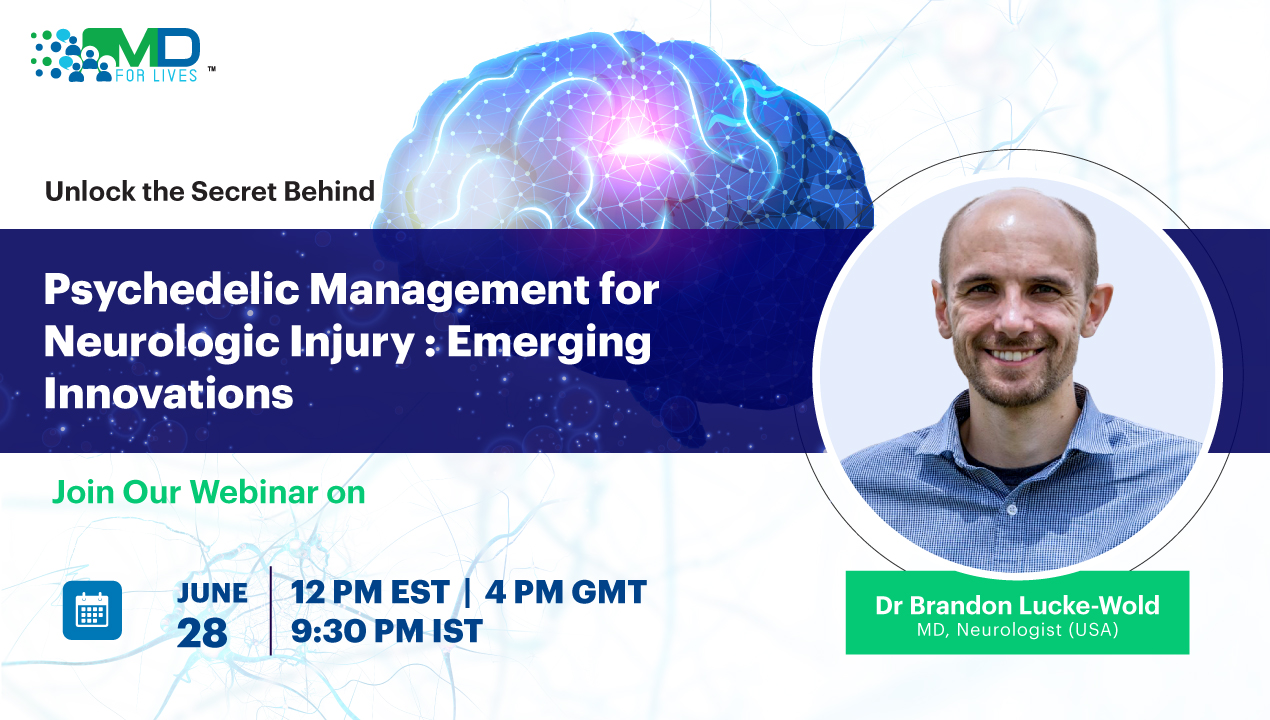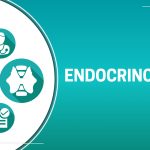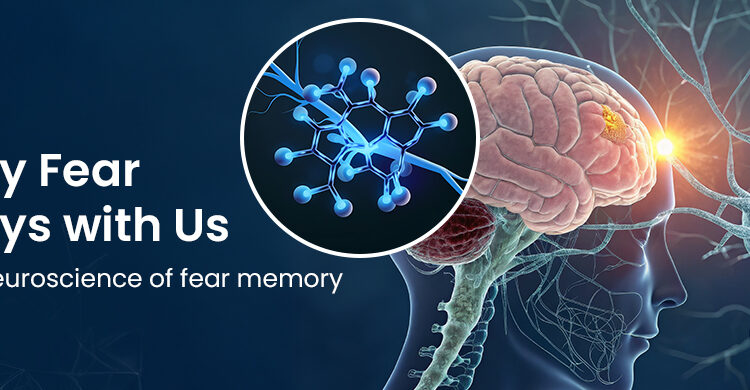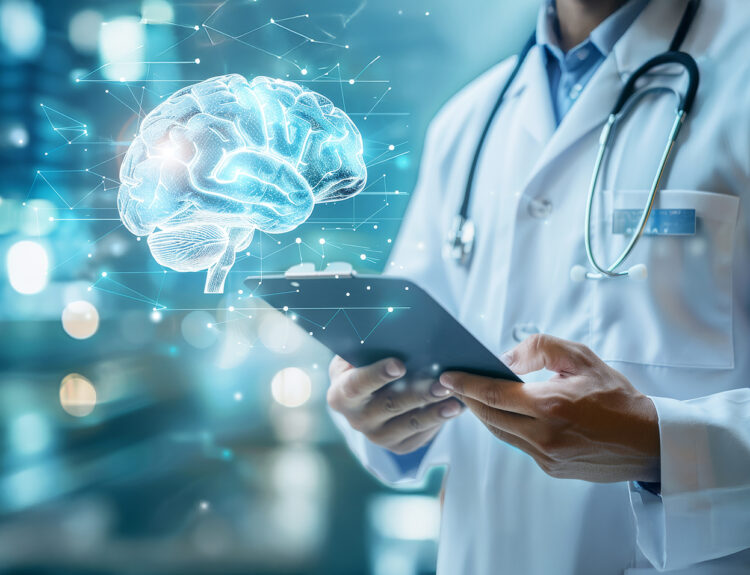Imagine a world where the colors of the mind blend with the hues of healing, where the boundaries of conventional medicine dissolve and where the extraordinary dances hand in hand with the cutting edge of science. Welcome to the realm of psychedelic management for neurologic injury, a captivating journey into emerging innovations that hold the key to unraveling the mysteries of the human brain.
Once upon a time, in a world where perception and reality intertwined, a class of substances known as psychedelics emerged from the depths of ancient wisdom. These remarkable compounds, like psilocybin (found in certain mushrooms), lysergic acid diethylamide (LSD) and dimethyltryptamine (DMT), possessed the power to unlock the hidden realms of the mind and unveil a kaleidoscope of profound experiences.
While psychedelics have long captivated the imagination of cultures throughout history, their therapeutic applications have remained largely untapped until recently. Now, the scientific community is delving deep into the intricacies of these compounds, studying the effects of psychedelics on the brain and their potential to heal the wounded neural pathways that underlie neurologic injuries.
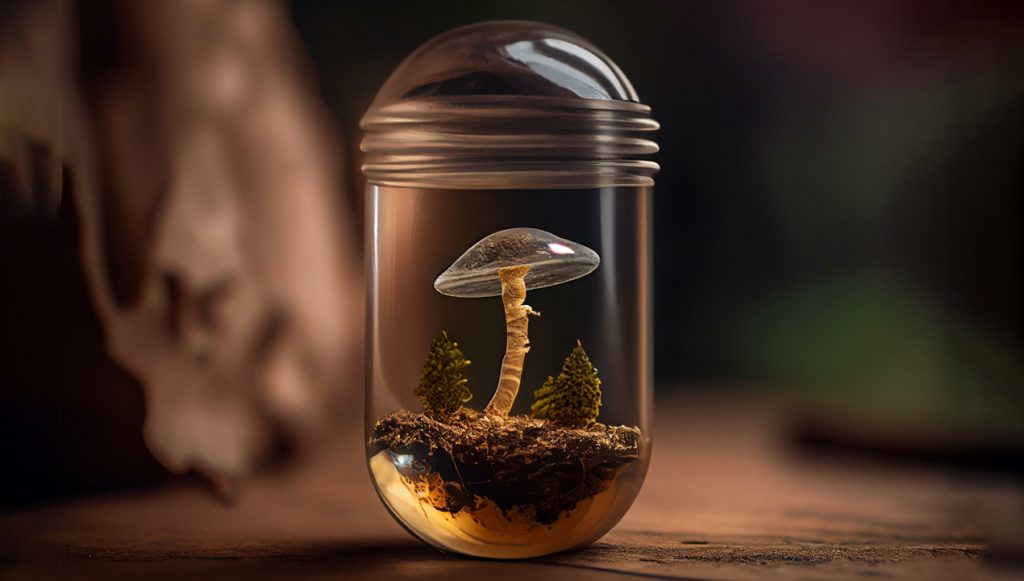
Healing Potential of Psychedelics in Neurologic Care
In the realm of neurologic care, where hope intertwines with the complexities of injury and recovery, a remarkable frontier is unfolding: Let’s picture a stroke survivor named James, whose world was abruptly shattered by the loss of function and the daunting challenges that followed. It seemed as if the essence of his being was slipping away. Yet, amidst the shadows of despair, a glimmer of possibility emerges – the entry of psychedelics, those enigmatic substances that have captivated the imagination of explorers and seekers throughout history. As the field of neurology embarks on a quest for innovative approaches, researchers are delving into the potential of psychedelic treatment to rewrite the story of neurologic dysfunction management. James’ journey toward healing becomes a beacon of hope for countless individuals navigating the intricate web of neurologic injuries. With each scientific study, the veil is lifted, unveiling glimpses into the mechanisms by which psychedelics may enhance neurologic recovery. Like an artist restoring a masterpiece, these compounds hold the promise of rewiring and rejuvenating the damaged neural pathways, breathing life into James’ aspirations of regaining independence and reclaiming his place in the world. Beyond stroke, the horizon of psychedelic treatment expands to embrace conditions such as subarachnoid hemorrhage, traumatic brain injury and even brain tumors. The aim is clear – to uncover innovative approaches that can enhance neurologic recovery, alleviate symptoms and ultimately improve the overall outcomes for patients like James.
How do psychedelics affect the brain?
At a fundamental level, psychedelics primarily interact with serotonin receptors, particularly the 5-HT2A subtype. This interaction triggers a cascade of neurochemical events, resulting in the modulation of neurotransmitter systems such as serotonin, dopamine and glutamate. These alterations in neurotransmitter activity are believed to underlie the characteristic psychedelic experiences and their therapeutic effects.
The circuitry of modulation induced by psychedelics is a key aspect of their mechanism of action. Studies using neuroimaging techniques, such as functional magnetic resonance imaging (fMRI), have revealed that psychedelics can disrupt established patterns of neural activity and connectivity. Specifically, they can weaken or dissolve the default mode network (DMN), a set of brain regions associated with self-referential thinking and mind-wandering. By doing so, psychedelics may facilitate a state of increased neural plasticity and interconnectedness, enabling novel patterns of communication between brain regions.
This disruption of the DMN and the subsequent increase in global brain connectivity are thought to promote a more flexible and open state of consciousness. It can lead to heightened introspection, enhanced emotional processing and a sense of interconnectedness with oneself, others and the surrounding environment. These effects may have therapeutic implications for neurologic conditions by potentially breaking down rigid patterns of thought and behavior, allowing for new perspectives and adaptive changes.
When considering the specific targets of psychedelics for patients with neurologic dysfunction, it is essential to take into account the neuroplasticity-promoting effects, modulation of neural circuits involved in mood regulation and emotional processing and potential enhancements in cognitive function.
It is important to note that the use of psychedelics for brain injury is still an emerging field. By understanding the interplay between psychedelics and the neurobiology of neurologic injury, physicians and researchers can tailor treatment approaches to maximize therapeutic benefits and improve patient outcomes.
Challenges often faced by physicians and effective solutions
In the world of medicine, physicians often find themselves immersed in a sea of journals and face the challenge of balancing their demanding schedules with the need to stay updated on the latest breakthroughs in treatment. The task of reading through countless journals and publications can be daunting, consuming precious time that could be spent on patient care. It’s like navigating a maze, with the added frustration of stumbling upon misleading websites that peddle false information. But fear not, there is a solution to this conundrum. Physicians can now embark on a different path to knowledge by joining live webinars led by true experts in their fields.
These webinars offer a refreshing and dynamic approach to learning, breaking free from the constraints of traditional journal reading. The convenience of webinars allows physicians to quickly access cutting-edge information without the time-consuming process of sifting through numerous publications. Physicians can witness real-time discussions, ask burning questions and engage in meaningful interactions with both the expert speaker and their fellow attendees. The live format enables them to engage in meaningful interactions. This vibrant and collaborative experience not only saves time but also invigorates the pursuit of knowledge, sparking new ideas and perspectives. It’s a vibrant and collaborative experience that invigorates the pursuit of knowledge.
To know more about it, join the webinar titled “Psychedelic Management for Neurologic Injury: Emerging Innovations” on
Date : June 28, Time 12 PM EST.
Speaker: Dr Brandon Lucke-Wold, MD, Neurologist (USA)
Key points of Discussion:
- the mechanisms of action of psychedelics
- circuitry of modulation
- how psychedelics can modulate neural circuits
- emerging treatments
- pre-clinical trials
- disease states, including stroke
- importance of certain targets of interests for the patient population
Register now
Speaker Bio:
Dr Lucke-Wold pursued an MD/PhD and a Master’s in Clinical and Translational Research at West Virginia University School of Medicine. Dr Lucke-Wold’s research focus encompassed areas such as traumatic brain injury, neurosurgical simulation and stroke, reflecting his dedication to exploring cutting-edge advancements in the field. He served as a science advocate on Capitol Hill through the Washington Fellows program.
He served as president of the West Virginia University chapters for the American Association of Pharmaceutical Scientists, Neurosurgery Interest Group and Erlenmeyer Initiative Entrepreneur Group. Additionally, he held the role of vice president for the graduate student neuroscience interest group, Nu Rho Psi Honor Society and medical students for global health.
With his extensive research on traumatic brain injury, neurosurgical simulation and stroke, the visionary mind will decipher the riddle of psychedelic management.
This webinar offers a unique chance to delve into the intersection of psychedelics for brain injury and neurologic healing for physicians, nurses, medical students and allied healthcare professionals.
Space is limited, so secure your spot today.
The world of medical learning is evolving, and webinars are leading the way. A global platform for physicians – MDforLives – offers many such monthly webinars for healthcare professionals across various specialties.
MDforLives
MDforLives, the largest medical survey platform for physicians, offers physicians the opportunity to participate as attendees and also extends an invitation to become paid esteemed speakers. By joining this dynamic platform, physicians gain access to an expansive network of peers who are equally committed to advancing the field, can participate in highest paid surveys in the industry, get free access to blogs, case studies and can get information about the latest developments in healthcare.
MDforLives urges all healthcare professionals to secure their spots for the upcoming webinar. With an overwhelming response from hundreds of physicians worldwide already registered, the available seats are rapidly filling up. Click on the link below to book your seat.
Register now

MDForLives is a global healthcare intelligence platform where real-world perspectives are transformed into validated insights. We bring together diverse healthcare experiences to discover, share, and shape the future of healthcare through data-backed understanding.

